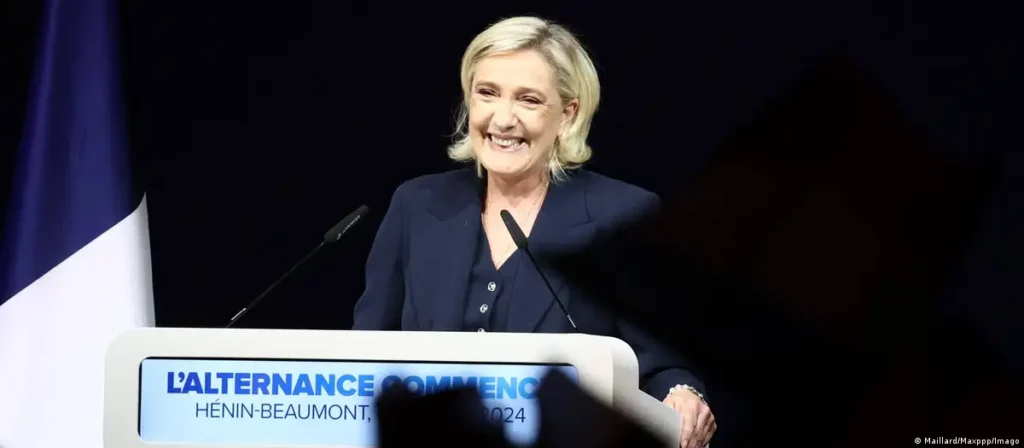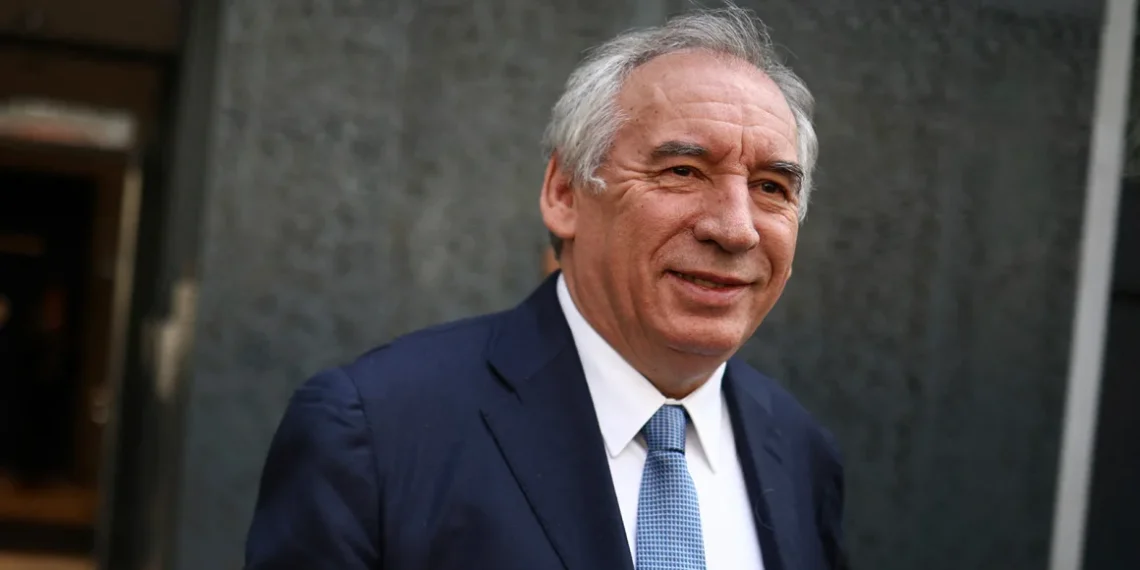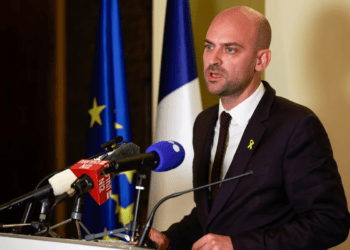French President, Emmanuel Macron has appointed centrist ally, Francois Bayrou as Prime Minister, as he seeks to calm a political crisis that has left his authority dwindling by the day.
The announcement, made by Macron’s office, came a week after the former office holder, Michel Barnier lost a vote of no confidence, forcing him to submit his resignation.
Bayrou’s appointment comes also in line with Macron’s efforts to build a non-aggression pact with the Socialists so that they commit not to vote against the government in any future confidence motion.
Bayrou, 73, a crucial partner in Macron’s centrist alliance, has been a well-known figure in French politics for decades. His political experience is seen as key in efforts to restore stability as no single party holds a majority at the National Assembly.
Bayrou ran for President three times before rallying behind Macron in 2017.
The 73-year-old is the founder of the centrist Democratic Movement political party (MoDem), and mayor of the southwestern town of Pau.
He must now form a government and look to pass a budget through a sharply divided parliament, where Macron faces an avowed opposition from both the left-wing and far-right blocs.
Bayrou is expected to hold talks with political leaders from various parties in the coming days in order to choose new ministers.
The task appears challenging because Macron’s centrist alliance does not have a majority in parliament and Bayrou’s Cabinet will need to rely on moderate lawmakers from both the left and right to be able to stay in power.
Bayrou told reporters in Paris, that everyone is aware of the difficulty of the task, adding, “I think that there is a path to be found that brings people together instead of dividing them.”
Barnier’s minority government collapsed after just three months as it attempted to pass a 2025 budget, which included €60 billion ($62.9 billion) worth of tax hikes.
His effort to force the agenda through without a vote gave lawmakers the chance to oust him, and left- and right-wing forces united to bring Barnier down.
Barnier’s proposed financing bill, which sparked his downfall, aimed at bringing the country’s budget deficit down to 5% next year, according to government calculations.
Some of the measures are hugely unpopular with opposition parties, such as delaying matching pension increases to inflation.
Bayrou will take on that challenge, but it is unclear whether his stint in office will prove more fruitful than his predecessor.
He must pass his own budget before December 21, 2024.
If that deadline is missed, the government could still legislate a “fiscal continuity law,” which would avoid a shutdown by allowing the government to collect taxes and pay salaries, with spending capped at 2024 levels, according to the S&P Global Ratings credit rating agency.
Ball In Bayrou’s Court
Meanwhile, the President of the far-right National Rally (RN) party, Jordan Bardella, stated that his party will take a wait-and-see approach for now.
He noted that “there will not be an automatic censure motion” against Bayrou.
“Our red lines are the same (on the budget). The ball is in François Bayrou’s court.”
Jordan Bardella
Marine Le Pen, the RN figurehead added that her group is “asking (Bayrou) to do what his predecessor was unwilling to do: listen to the opposition to build a reasonable, well-considered budget.”

“Any other policy that would simply be an extension of Macronism, twice rejected at the ballot box, could only lead to deadlock and failure.”
Marine Le Pen
However, Mathilde Panot, Head of the hard-left France Unbowed group at the National Assembly, criticized Bayrou’s appointment in a message on X as “the continuity of (Macron’s) bad policies.”
She said that her party is ready to vote for a no-confidence motion again against the new government.
READ ALSO: Musicians Urged To Hone Their Unique Sound























